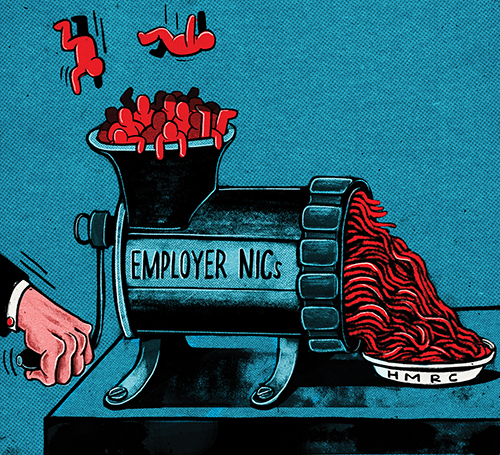The news that Royal Bank of Scotland is shifting £18m of annual national insurance contributions – the increase it will face when contracting-out kicks in on April 6 – to 27,000 defined benefit members may not faze pensions lawyers, given it is legal to do so.
Employees of the bank who are members of the DB scheme, on the other hand, are unlikely to welcome the change with open arms. They will potentially have to pay several hundred pounds more a year to continue to participate in the scheme; many will feel disgruntled about the fact their employer is handing its costs to individuals it employs.
Less widely reported on but no less significant was the news in February that British Airways staff took part in a consultative ballot on industrial action after the airline decided to increase employee pension contributions; another instance of a companyoffloading increased NICs to employees.
Scheme documents emphasised that BA was allowed to do so under legislation, but the fact that the legality of the exercise needed to be asserted should ring a few alarm bells.
While the pensions industry and employers have long had the necessary information to prepare for the April change, employees are only now waking up to the fact that their take-home pay might take a hit under contracting-out – a term most will hear for the first time this year.

Illustration by Ben Jennings
Employers and pension schemes need to communicate the change carefully, and will probably do well to be prepared for any pushback if they are expecting the workforce to shoulder the employer’s increased NICs.
Shifting company costs to the individuals concerned could be a sign of a more general move towards an individualistic outlook in the world of work. While younger employees might never have known anything different, older ones – those more likely to be DB members – might be feeling the effect of a ‘work culture clash’ as well as the pinch in their pockets.
It will be interesting to see whether contracting-out will cause further disruption as the penny starts to drop among large numbers of DB members.

























